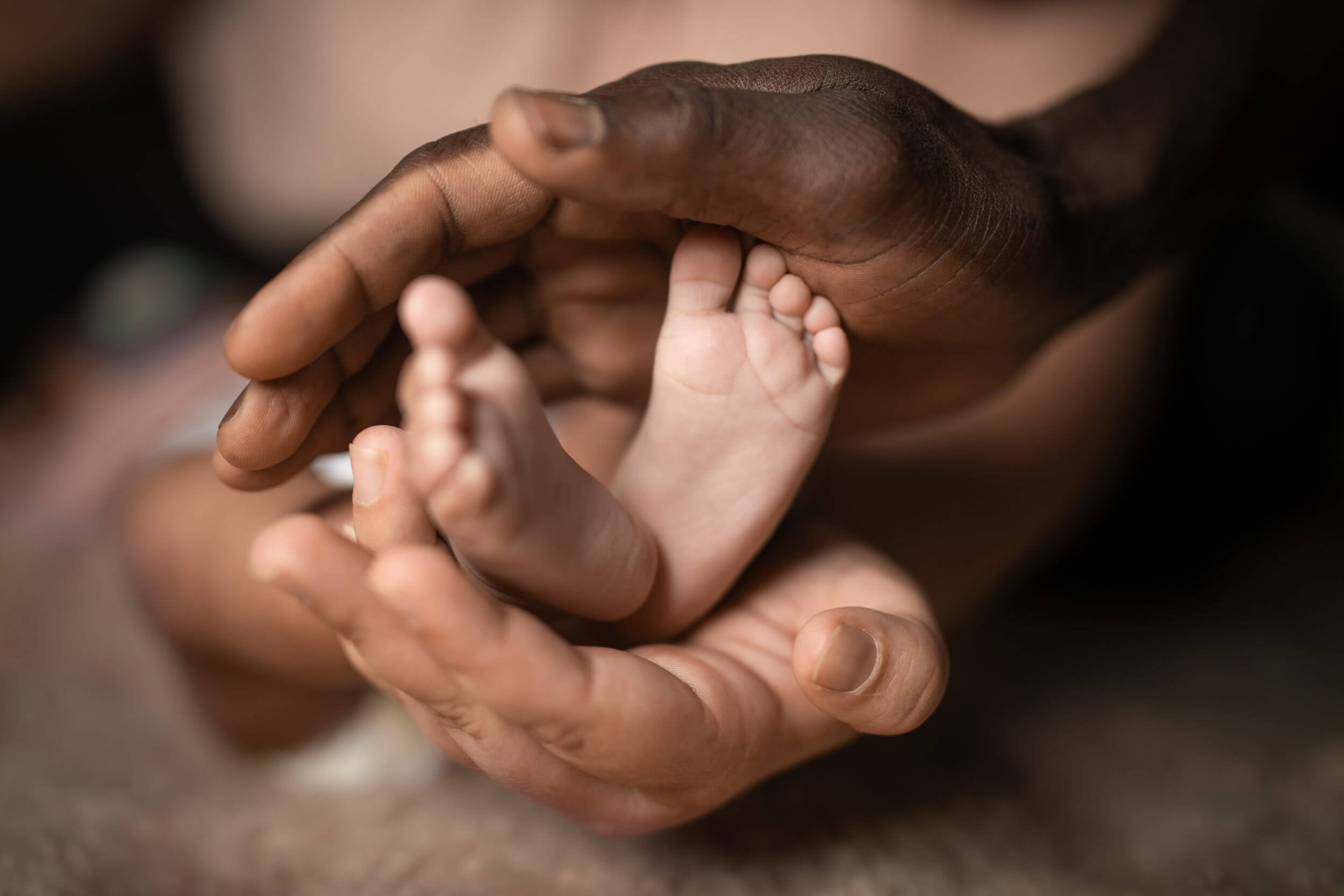The following information and questions may help parents while their baby is in neonatal care. If you have any further suggestions please do not hesitate to contact us.

Keeping mothers and babies together should be the cornerstone of newborn care. Neonatal Transitional Care supports mothers as primary care providers for their babies with care requirements in excess of normal newborn care, but who do not require to be in a neonatal unit.
NICU, sometimes referred to as Tertiary/level 3 units. NICU’s care for babies born from 22 weeks gestation, babies who have a surgical need and babies who need prolonged intensive care. Here in the East of England we have 3 NICU’s; Addenbrookes, Luton & Dunstable and Norfolk & Norwich
Local Neonatal units care for babies greater than 27 weeks gestation if a singleton pregnancy and greater than 28 weeks if a multiple pregnancy. Babies cared for in an LNU can receive short term intensive care treatment requiring respiratory support on a ventilator.
SCBU’s care for babies born from 30 weeks onwards if the baby is a singleton and from 32 weeks if a multiple pregnancy. Babies will receive minimal respiratory support, tube feeding, continuous monitoring and supportive care prior to discharge home.
At the early stage of pregnancy, mothers are usually booked for maternity care at their local hospital. These hospitals all have neonatal services that are able to provide immediate, emergency care for babies who are born unexpectedly premature or sick. However, not all hospitals have the right level of on-going care your baby may need; if this is the case then you may be transferred to a specialist unit before baby is born*. Your baby will then stay there until they are stable and improving. It is better for your baby to be transferred before your baby is born if at all possible. However, if this is not possible then your baby will be transferred by the specialist Paediatric & Neonatal Decision Support & Retrieval Service (PaNDR) after birth.
*Occasionally, you may not deliver after transfer. If this is the case, then you may be discharged home or transferred back to your local hospital for continued care.
Once your baby no longer requires specialist medical, surgical or nursing care, your baby will be transferred back to a hospital closer to home ( this then helps other babies to access specialist care). This is usually your local hospital, however occasionally it may be an alternative hospital (but still close to home), if your local hospital is unable to accommodate your baby.
It is important for your baby’s care to be transferred back to your local hospital. This allows the team to get to know you and your baby, as your local hospital will be providing continuing care and follow up after your baby is discharged home.
The specialist Paediatric & Neonatal Decision Support & Retrieval Service (PaNDR), or local ambulance service, with a nurse and/or doctor, will transfer your baby back to your local hospital when your baby is ready.
There are many national and local charities which can provide you with support and information. Our recommendations are below, but also ask your nurse or health visitor about any local groups.